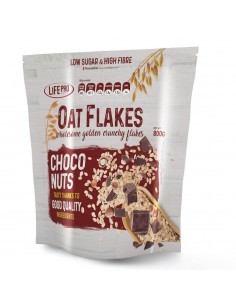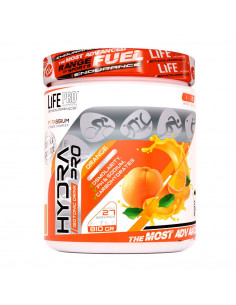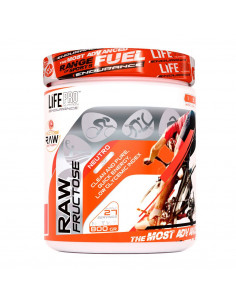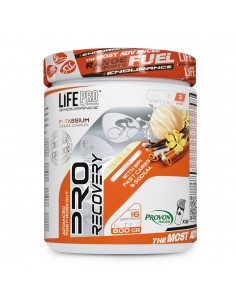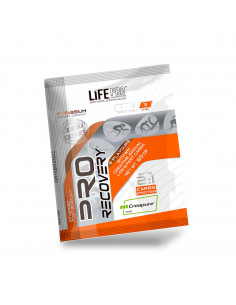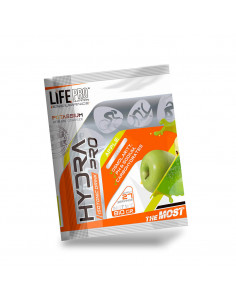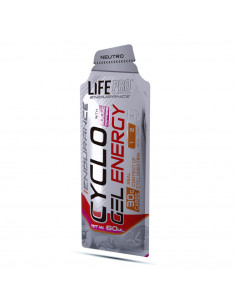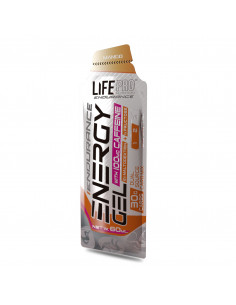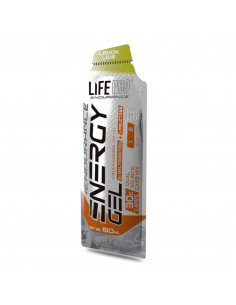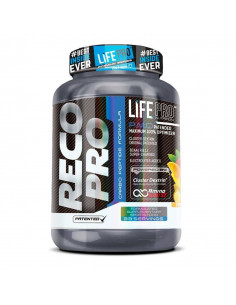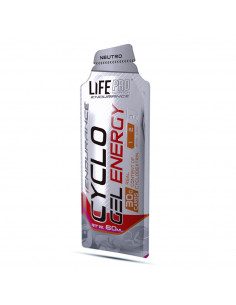Buy Carbohydrates Online
Discover our range of carbohydrates with various flavors, the best raw material, at the best price. Our own manufacturing.
What are carbohydrates?
Carbohydrates are the macronutrient whose main function is to provide the body with energy to be able to carry out all the tasks and functions of daily life.
When they are ingested, we obtain glucose. This provides energy to the brain, muscles, cells and other body tissues. Each gram of carbohydrate provides 4 calories.
Carbohydrates are stored as muscle and liver glycogen. Muscle glycogen is used by muscles and is usually depleted after training. Liver glycogen is stored in the liver: when required, it is converted into glucose and transported through the bloodstream to where it is needed.
Carbohydrates are classified according to their molecular structure and the time they require to be digested and absorbed to provide energy.
Simple carbohydrates:
- Monosaccharides: glucose, fructose (the "sugar" in fruit) and galactose. They are made up of a single molecule.
- Disaccharides: maltose, sucrose (glucose + fructose) and lactose (milk sugar, made up of glucose and galactose). They are so called because they are made up of two molecules joined by a 0-glucosidic bond (the union of two monosaccharides).
Complex carbohydrates:
Their molecular structure is more complex. They are present in foods such as potatoes, rice or oats. They must be digested until they are broken down into small glucose molecules.
What are carbohydrates for?
- They are the main source of energy for muscles, brain and other tissues.
- They allow us to carry out all kinds of daily tasks: from the simplest ones to the most intense workouts.
- They are one of the energy sources from which our body is able to obtain energy.
- They make it possible to load and maintain glycogen stores.
- Thanks to the different molecular structures, depending on the type of carbohydrate we choose, they allow us to obtain energy immediately or progressively over time.
- They provide fibre: they improve intestinal transit and prevent constipation.
- Certain types of carbohydrates contribute to high levels of satiety. In contrast, other types are absorbed and digested quickly, avoid a feeling of heaviness and are digested very quickly, allowing them to be ingested at key moments.
- They help to maintain performance during training and promote recovery after the end of training.
What is the glycaemic index and glycaemic load?
The glycaemic index:
A carbohydrate's ability and speed to deliver glucose.
When a carbohydrate is high on the glycaemic index, it refers to the speed and quantity with which it is digested and transported into the blood as glucose. Their energy supply is instantaneous. They pass directly from the intestine into the blood.
They are carbohydrates that are rapidly assimilated, they do not require large or heavy digestion in order to be used. Those with a value greater than 70 are considered to have a high glycaemic index.
In sport: the ability to provide the athlete with energy quickly, favours the maintenance of performance when ingested during training, and an improvement in recovery and fatigue after physical activity.
Low glycaemic index carbohydrates, unlike the previous ones, need more time to be digested and assimilated. They provide energy progressively over time and provide better insulin control.
Those with a value lower than 55 are considered to have a low glycaemic index.
Glycaemic Load
The total amount of carbohydrate in a food. A food may have a low glycaemic load but have a high glycaemic index.
The lower the glycaemic load of the food, the lower the insulin spike produced.
How much carbohydrate should I eat per day?
Each person requires a different amount of carbohydrates per day depending on their energy needs, physical activity and characteristics such as weight, height, age...
Between 40% and 60% of the daily intake can be made up of this macronutrient. It is recommended to calculate protein and fat intake beforehand and the remaining amount of calories should be devoted to carbohydrates.
When to take carbohydrates?
- Before training: to provide the muscles with the necessary energy and to be able to carry out training effectively.
- During training: especially recommended for long endurance sports, which need to maintain constant energy levels and delay the onset of fatigue as long as possible.
- After training: to replenish depleted glycogen stores and improve recovery.
- At meals throughout the day: provide carbohydrates at all meals, for energy. If the objective is to increase satiety, the most recommended are those with a low glycaemic index.

